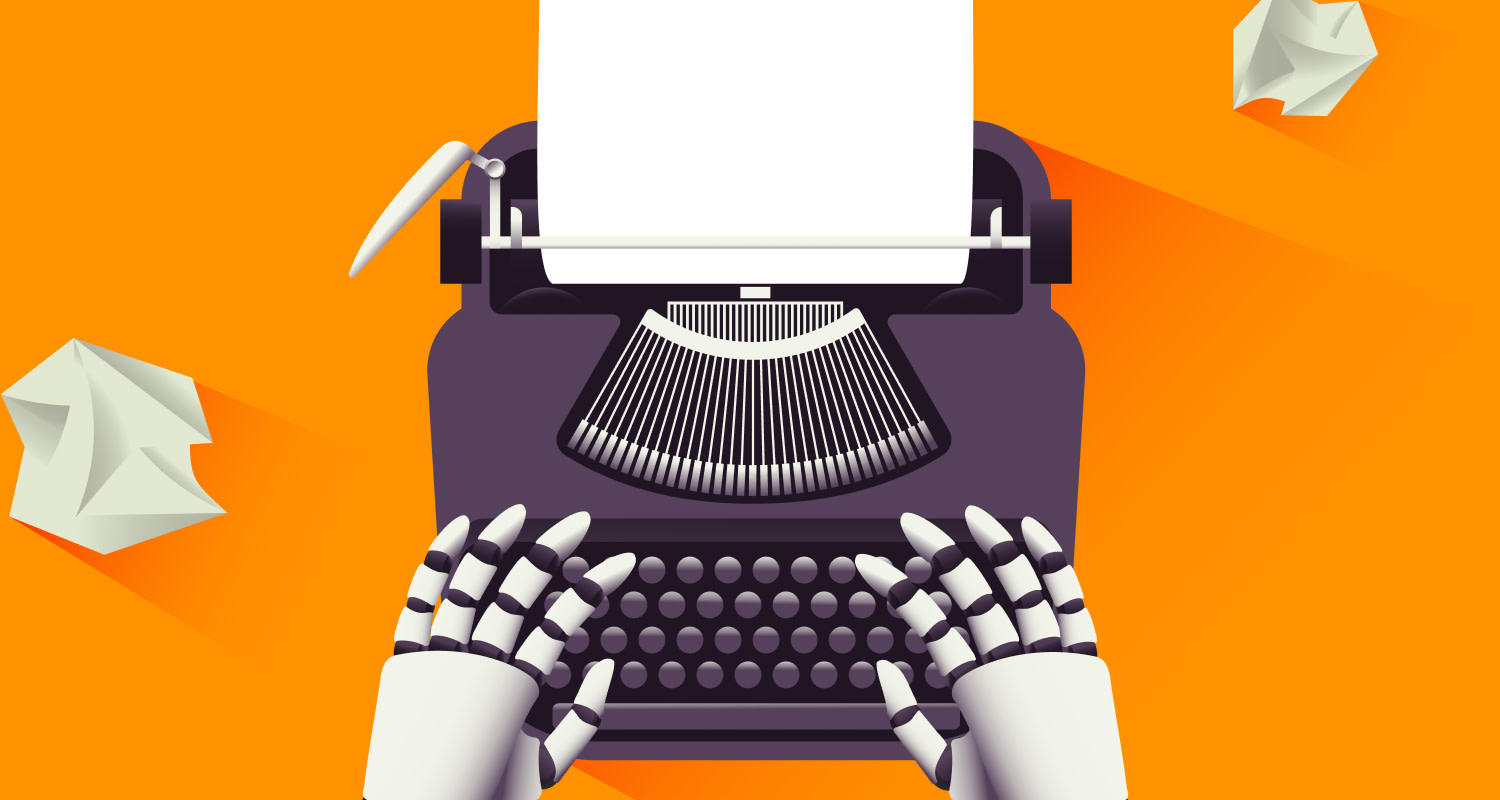//
May 18, 2023
The Benefits and Limitations of AI Copywriting in Content Creation
"...Robots are not people. They are mechanically more perfect than we are, they have an astounding intellectual capacity, but they have no soul."-Karel Čapek, author and playwright
Almost a century ago, Karel Čapek's iconic play "R.U.R." (Rossum's Universal Robots, 1920) introduced the world to the concept of robots—machines, and computers that can perform basic human tasks. Since then, artificial intelligence (AI) has been explored in various forms of media, including books, movies, and TV shows. However, it wasn't until 1956 that the term 'artificial intelligence' was officially coined.
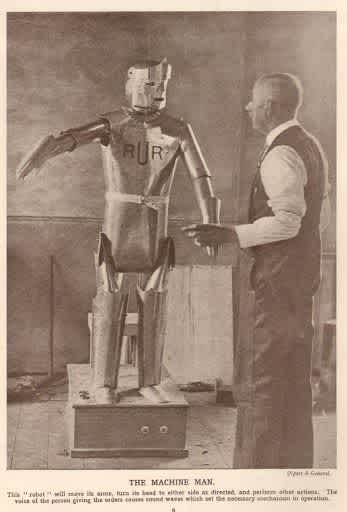
Today, AI is no longer just a concept in science fiction; it has become an integral part of our daily lives, including marketing. With the advancement of AI technology, content creation for marketing has become more efficient and effective than ever before.
However, like any technology, AI copywriting has its limitations.
This article will explore AI's benefits and limitations in copywriting and content creation.
The Role of Content in Digital Marketing: It's More Than Just Words
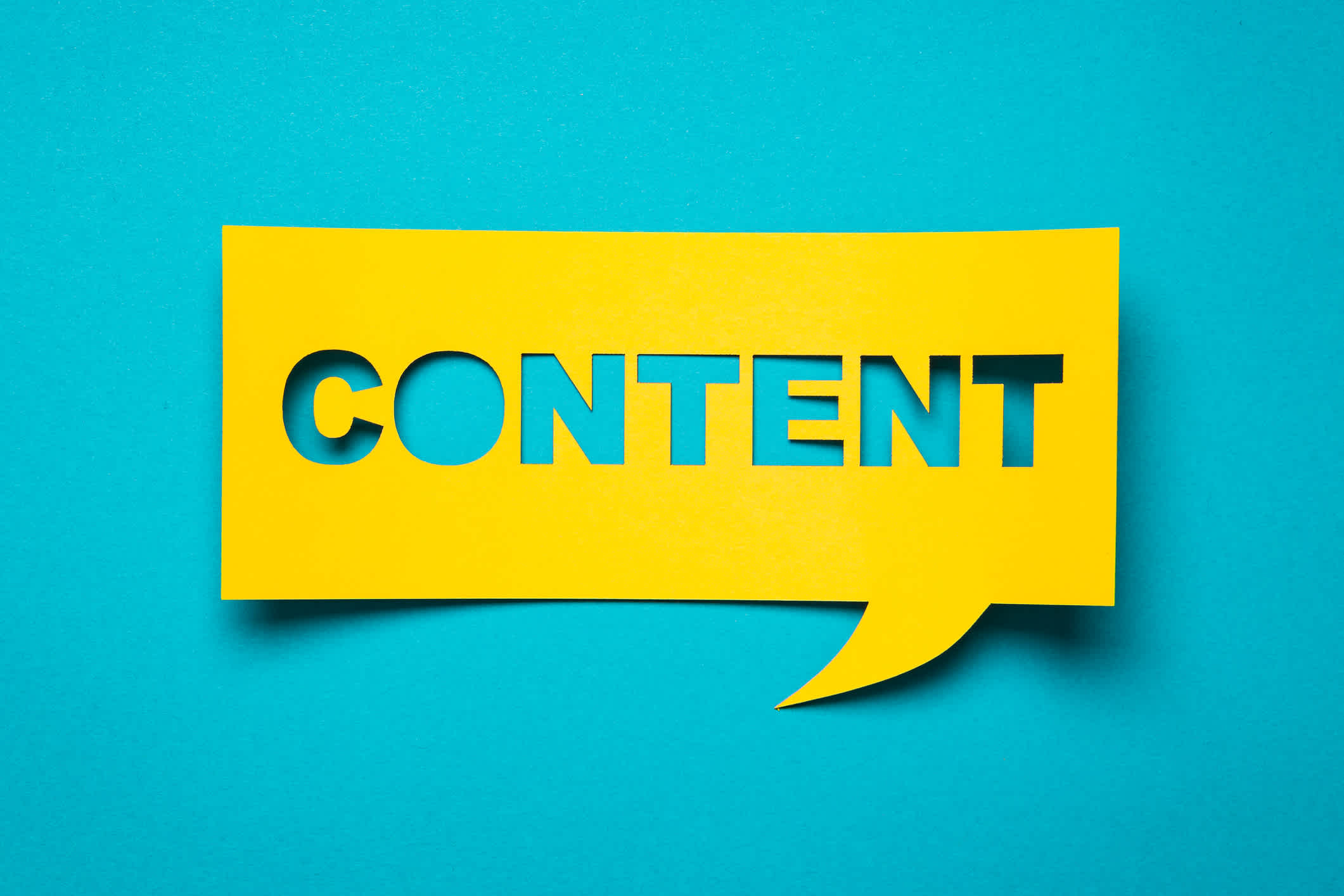
First things first.
It's important to note that in digital marketing, "content" refers to any consumable digital material created to engage with an audience. This includes written copy or text-based content and videos, images, audio, and other forms of multimedia.
With the explosion of social media and other digital platforms, marketers have been able to experiment with a wide range of content types to attract and engage with their target audience.
From visually stunning infographics to engaging video content, the possibilities for creative content are endless in the digital space.
The role of AI in content creation has opened up new avenues for marketers to produce content more efficiently and effectively.
What is AI, and how does it work?
AI is a computer system that performs tasks normally requiring human intelligence. In this case, we're talking about artificial intelligence--not the real thing.
AI is used in many different ways when creating content for marketing purposes, including copywriting. You can think of it like an automated assistant: It does the work for you, so you don't have to spend time doing it yourself!
AI works by gathering information from various sources and then using that data to generate new ideas or suggestions based on what humans have written (for example, if your company has already published blog posts about customer service).
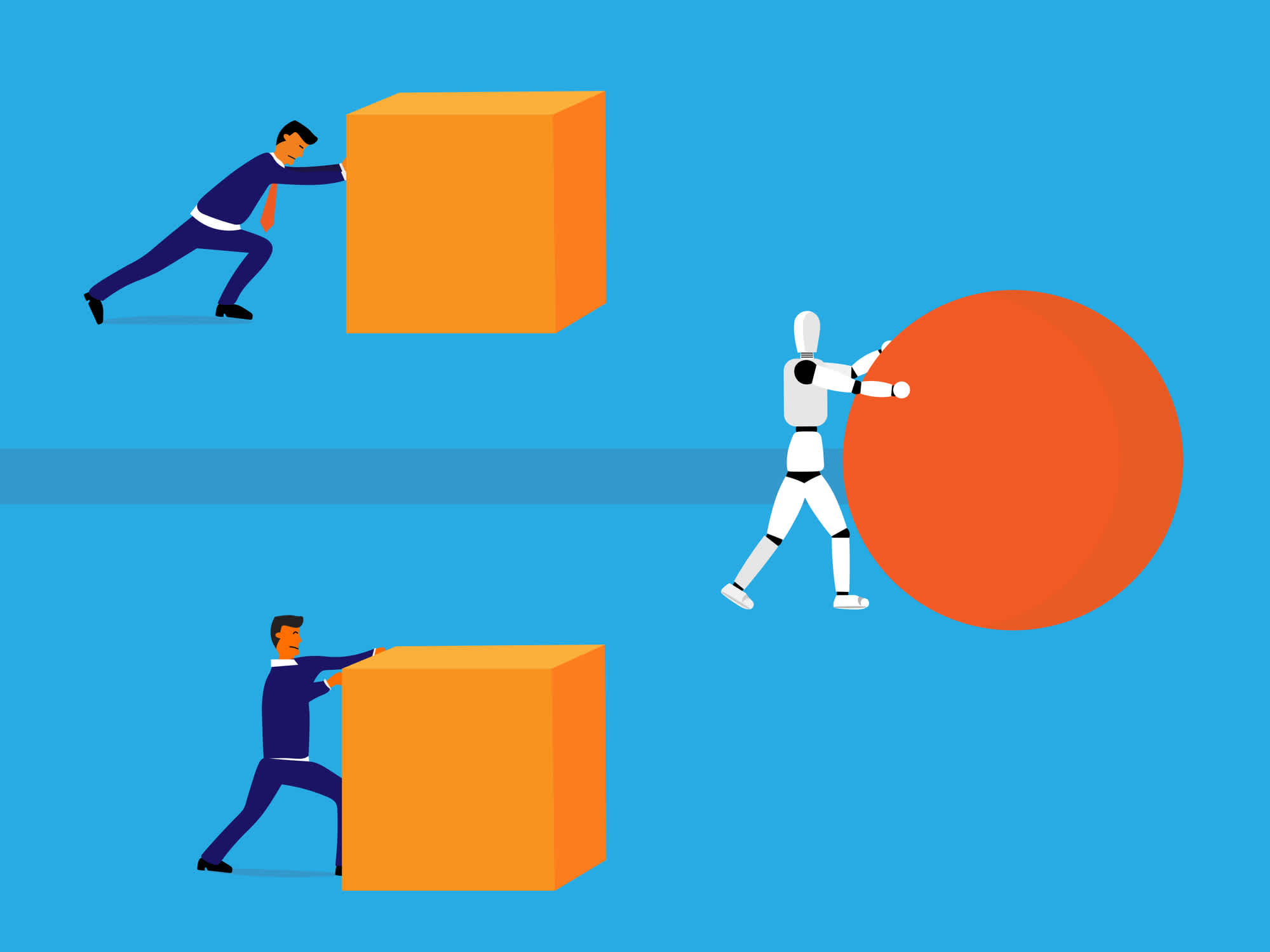
The AI program will analyze these posts and create unique content based on what has been published before. At the same time, this may seem similar at first glance due to its use of pre-existing material as inspiration during the creation process; there are several key differences between these two types, which we'll discuss later in this article.
Benefits of using AI for copywriting
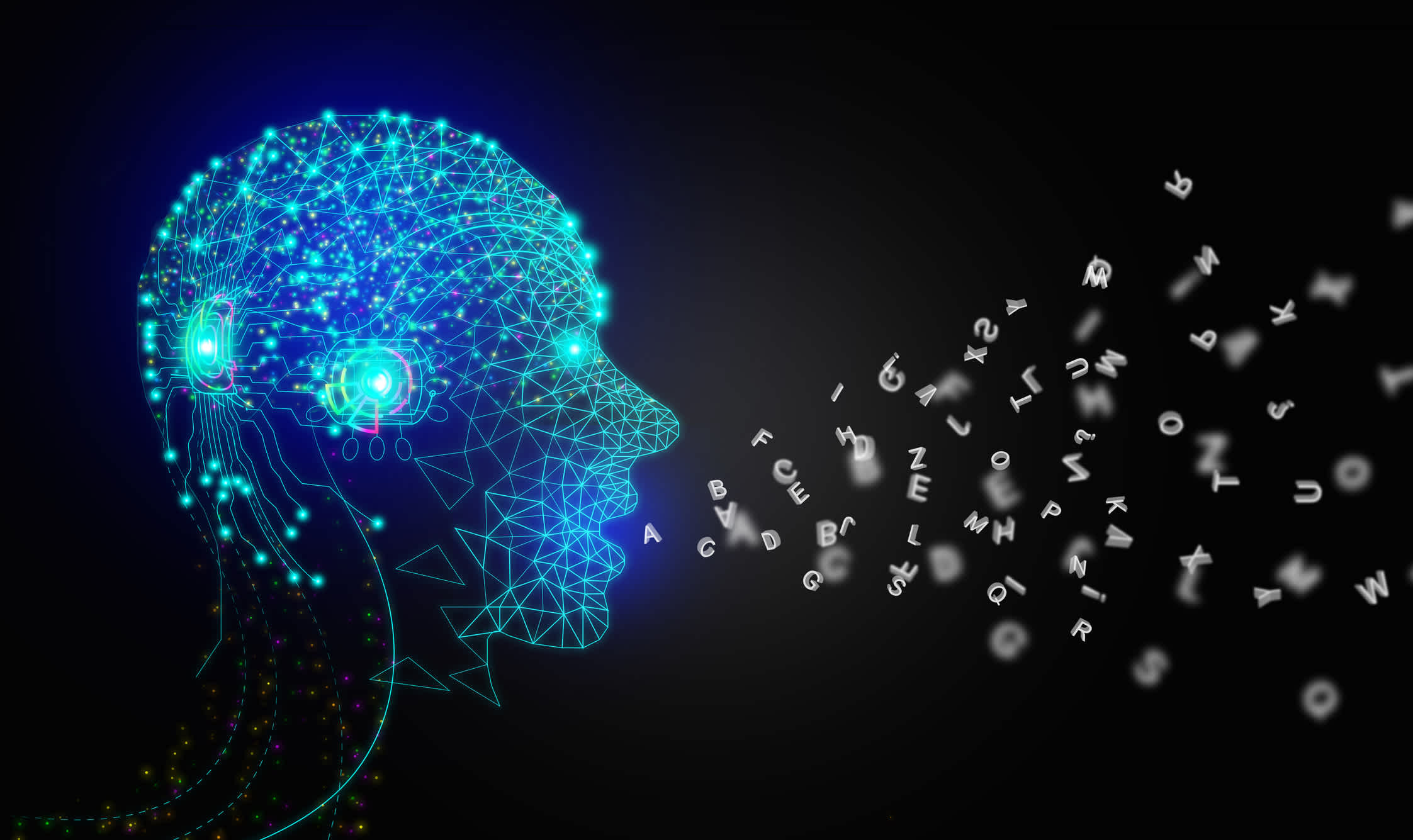
With the advancement of technology, AI has become a game-changer in the marketing world. It has revolutionized how businesses create and distribute content, providing numerous benefits. AI-powered copywriting is now a popular marketing tool that has proven to be a game-changer in the industry.
By harnessing the power of AI, businesses can create high-quality content that is engaging, personalized, and resonates with their target audience.
Here are some of the most significant advantages that AI-powered tools can provide:
Increased Efficiency:
AI-powered tools can generate content quickly and efficiently. They can help marketers save time by automating specific tasks, such as generating content briefs, headlines, and meta descriptions.
Enhanced Accuracy:
AI systems can analyze data and generate more accurate insights than a human could produce. They can help marketers to create data-driven content that resonates with their target audience.
Improved Quality:
AI copywriting can help improve the quality of content by providing suggestions for edits and improvements. AI-powered tools can also ensure that the content is grammatically correct, plagiarism-free, and optimized for search engines.
Cost Savings:
AI-powered content creation tools can help reduce the cost of content creation. They can generate large volumes of content at a fraction of the cost of hiring human writers.
Personalization:
AI can help personalize content based on the preferences and behavior of the target audience. AI-powered tools can analyze data to create more relevant and engaging content for the audience.
Scalability:
AI-powered tools can quickly generate large volumes of content, making it easier for marketers to scale their content efforts. They can help marketers to create a consistent stream of high-quality content to keep their audience engaged.
Limitations of AI copywriting in content creation
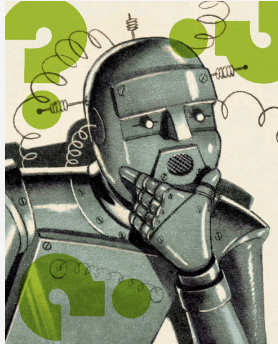
AI can help marketers create high-quality, data-driven, and personalized content at scale while saving time and reducing costs. However, it is essential to use AI correctly to avoid potential pitfalls such as plagiarism and inaccuracies. AI copywriting should be used to enhance the creative process, not replace it, because, after all, it's inanimate, which means there are limitations to its capabilities.
Here are some of the limitations of AI-generated content:
Generating content through AI has revolutionized the way we create content. However, there are limitations to what it can achieve.
The Need for Prompts
AI algorithms require prompts like tone, length, language, and other factors to create content. While it can create a helpful and informative blog post, it lacks professional writers' or designers' creativity, experience, and wisdom. AI doesn't understand the audience's pain points or what can shift customers from impartial observers to active buyers.
Plagiarism
Generative AI pulls from existing verbiage and visuals from various parts of the internet, and those words and images might be under copyright protection. Using AI for all content creation may lead to plagiarism and receive a "cease-and-desist" letter or a penalty from Google.
Impact on SEO
Search engines such as Google reward authoritative and relevant content to users. While Google systems don't automatically detect AI-driven copy, AI copy can violate Google guidelines. If caught, Google penalizes the range, which may lower the SERP rankings.
The Importance of Human Proofing in AI-Generated Content
While AI-generated content has benefits, relying solely on algorithms without human input can have drawbacks. The limitations of AI in creating content have already been discussed, but another issue to consider is the lack of human proofing or editing.
Without human intervention, AI-generated content can be generic and lacking nuance. It may also contain inaccuracies only a human editor or writer can catch. Additionally, the language and tone may not align with the brand voice, which could hurt the effectiveness of the content in engaging with the .
The importance of human proofing in AI-generated content cannot be overstated. By having a human editor or writer review the content, the quality can be improved, and inaccuracies can be corrected.
Human input can also help ensure that the content is tailored to the brand's voice and style, making it more effective in engaging with the target audience.
Why Solely Relying on AI for Content Creation Can Be a Big Mistake
While AI can be an excellent tool for content creation, relying solely on AI-generated content can lead to low-quality, inaccurate, and unoriginal content.
Here are a few things to avoid:
Blog-post creation and publishing
While it may seem like a quick and easy solution, relying solely on generative AI can cause more problems than it solves.
Sure, AI copywriting tools like ChatGPT can generate text in the blink of an eye, but the quality of the content may be lacking.
Why?
AI systems depend on online information and may not provide original or unique insights, resulting in generic-sounding posts. So, while you might have a ton of content, it may not be valuable or engaging to your audience.
That's not all. Using AI for blog post creation and publishing can also lead to mistakes and inaccuracies. AI systems may not always understand the context or nuance of a topic, leading to errors in the content. Plus, AI-generated content may not suit your target audience, leading to lower engagement and traffic.
And let's not forget about the . AI systems scour the internet for information and images, which can result in using copyrighted material without permission. That's not only a legal issue but can also damage your reputation.
In short, while AI copywriting can be a helpful tool in content creation, relying solely on it for blog post creation and publishing isn't the best idea. It's crucial to have human oversight and input to ensure accuracy, originality, and compliance with copyright laws.
Image and art development
Generative AI can scour the internet for artwork and images, but it doesn't give credit to the original artists. Using AI-generated images without proper attribution is a violation of copyright laws.
Need customized website design or marketing collateral?Consider a digital marketing agency driven by technology, but inspired by personal touch.
Subject-matter expertise
AI simulates human intelligence but doesn't have the vast background or knowledge that a human expert would have. AI pulls information from other sources, which could include your competition.
Relying solely on AI-generated content could result in publishing your competitors' insights instead of your own.
Elevate Your Content Marketing Game: AI is the Ultimate Tag Team Partner
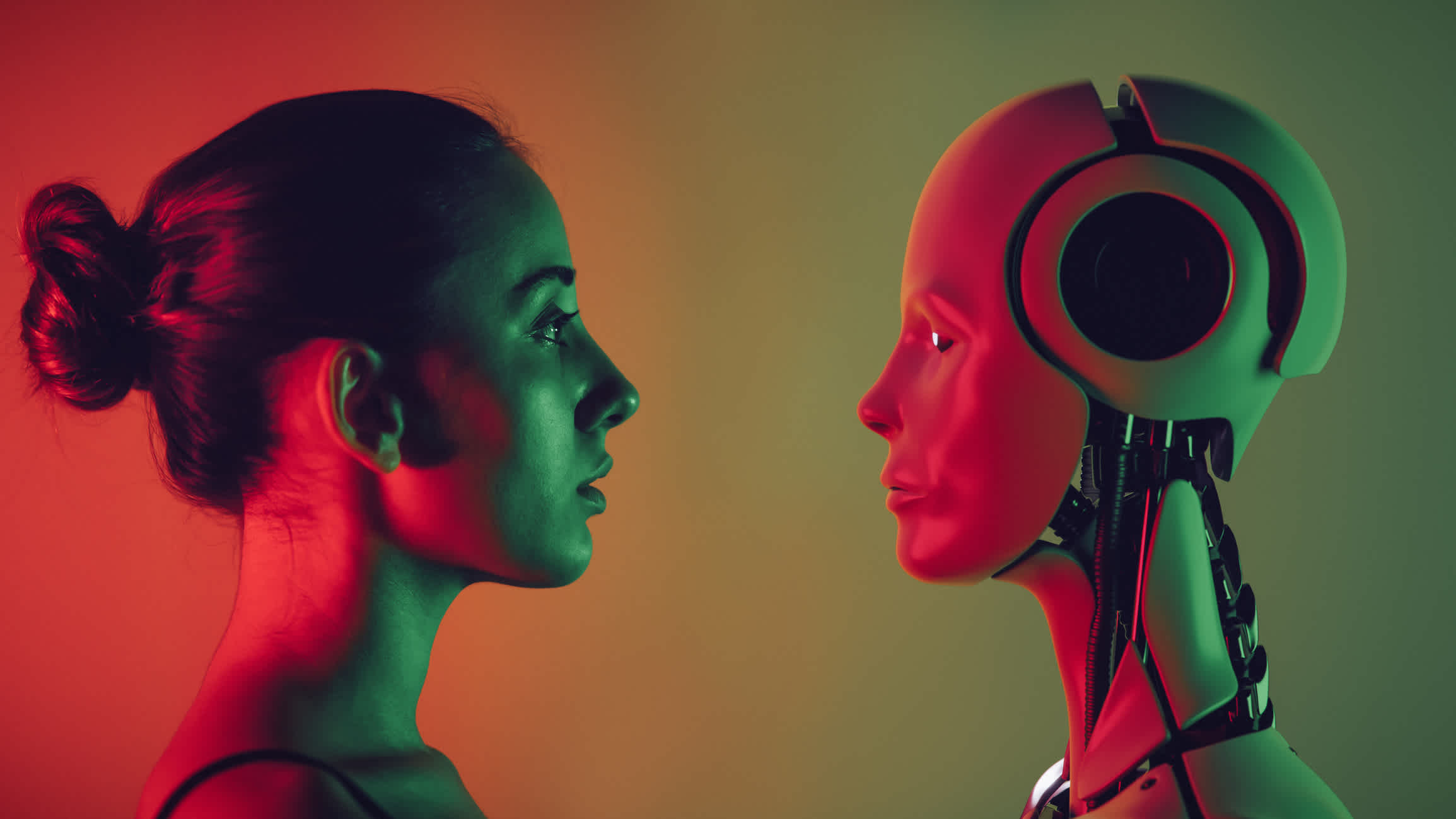
Step into the content marketing ring and get ready to rumble! But with your competition, NOT AI.
It's time to stop pitting AI against human creativity - they're on the same team! With a human boxer's strength and a robotic fighter's precision, you can elevate your game to new heights by leveraging AI's abilities.
Some may fear that robots will take over and replace human workers, and the truth is that AI enhances human work.
AI can handle repetitive tasks like data analysis and audience segmentation, freeing marketers to focus on the creative aspects of their work. processing allows marketers to make informed decisions about their campaigns, leading to better results and higher ROI.
Here are some ways to use AI to elevate your content creation
Don't be left in the corner, cringing at the thought of AI taking over. Embrace the power of AI and use it to knock out the arena.
The future is now, and it's time to use every tool in your arsenal to dominate the ring.
Developing content briefs
AI can bring together information from multiple stakeholders to create a useful outline for your content briefs. Writers can then flesh out the outline with their insights and ideas.
Improving social media
AI can help improve social media engagement by generating highly engaging posts with catchy headlines and relevant hashtags.
Brainstorming
Generative AI can answer questions and deliver surprising results that your human team can polish and refine.
Rewriting existing content
Ask an AI generator to rewrite existing content, such as case studies, to create fresh content for your blog. But be sure to proofread and fact-check the content before publishing it.
Creating meta descriptions, headlines, ad copy, and titles
AI can help writers struggling with content creation by providing many options and summaries.
Collaborating with AI: The Future of Copywriting and Marketing
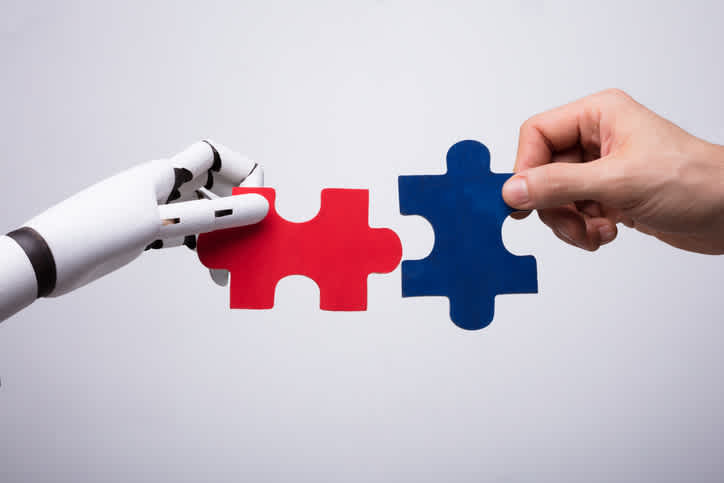
AI copywriting is revolutionizing the world of content creation, but that doesn't mean human copywriters and marketers are becoming extinct. The future of content creation lies in collaboration between humans and AI, each playing to their strengths to produce exceptional content.
To get the most out of AI, it's essential to set clear objectives, carefully select the right tools, and constantly monitor and refine the output. This will ensure the technology is used to its full potential, complementing human creativity and intuition rather than replacing it.
So, don't be afraid of AI!
Instead, embrace it as a powerful tool to take your content marketing to the next level. By working together, humans and AI can create marketing content that is genuinely exceptional, engaging, and tailored to the needs and preferences of your target audience.
Ready to take your content creation to the next level?our marketing agency today, and let us show you how we can leverage AI tools for content creation while maintaining the personal touch important to UX design and inbound marketing.

